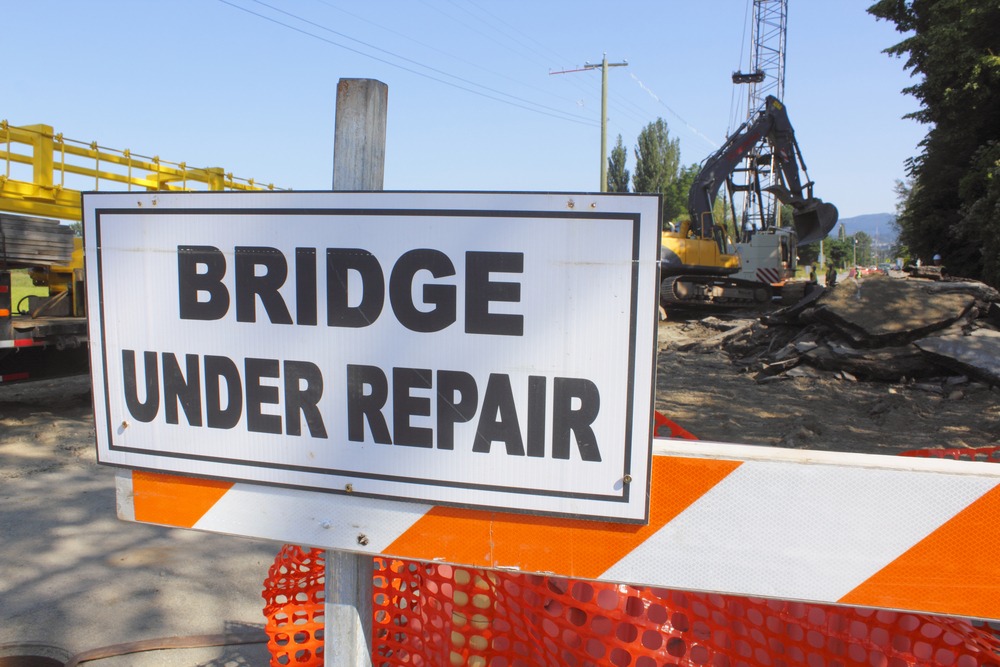
Restoration and preservation have led to a record request for funding in the Kentucky Transportation Cabinet’s (KYTC) 2018 Recommended Highway Plan, with $1 billion sought for bridge repairs and pavement preservation over the next six years.
Addressing the issue as part of a “Safety First” priority, the KYTC identified more than 1,000 bridges to be deteriorating and in dire need of repairs. In turn, that would call for an annual funding increase of nearly 50 percent to meet necessary investment–a leap from $122 million to $179 million.
“For every year repairs are delayed, 150 bridges drop into the poor condition category, further adding to the backlog of aging bridges and roads,” KYTC Secretary Greg Thomas said. “When critical bridges are out of commission, it affects direct routes for school buses, emergency services, motorists and businesses moving freight. Devoting dollars to invest in asset management removes transportation barriers, preserves our infrastructure and supports the economy.”
For repairing pavement, they have proposed an increase from $175 million to $324 million annually. Without it, KYTC noted, an estimated 6,000 miles of road will need to be added to an existing $1 billion backlog of pavement repairs that must be completed within the next six years. Additional funding is also being sought for the I-69 Ohio River Crossing, which connects Henderson, Kentucky, to Evansville, Indiana. For that project, they have requested $500,000 in 2019 to complete its design phase, followed by $19 million in 2021 for a right of way phase and a final $8 million in 2022 for a utility phase.
All of KYTC’s requests in its latest plan are based on a projected $6.6 billion in state and federal highway revenue over the next six years. In total, $2.6 billion has been proposed for Strategic Highway Investment Formula for Tomorrow projects, $2.3 billion for bridge and pavement needs, $1.1 billion for federally dedicated programs and $0.6 billion for federal GARVEE debt service payments.
With this in mind, an additional $490 million per year is being requests to address the $6 billion unfunded projects currently facing the state.